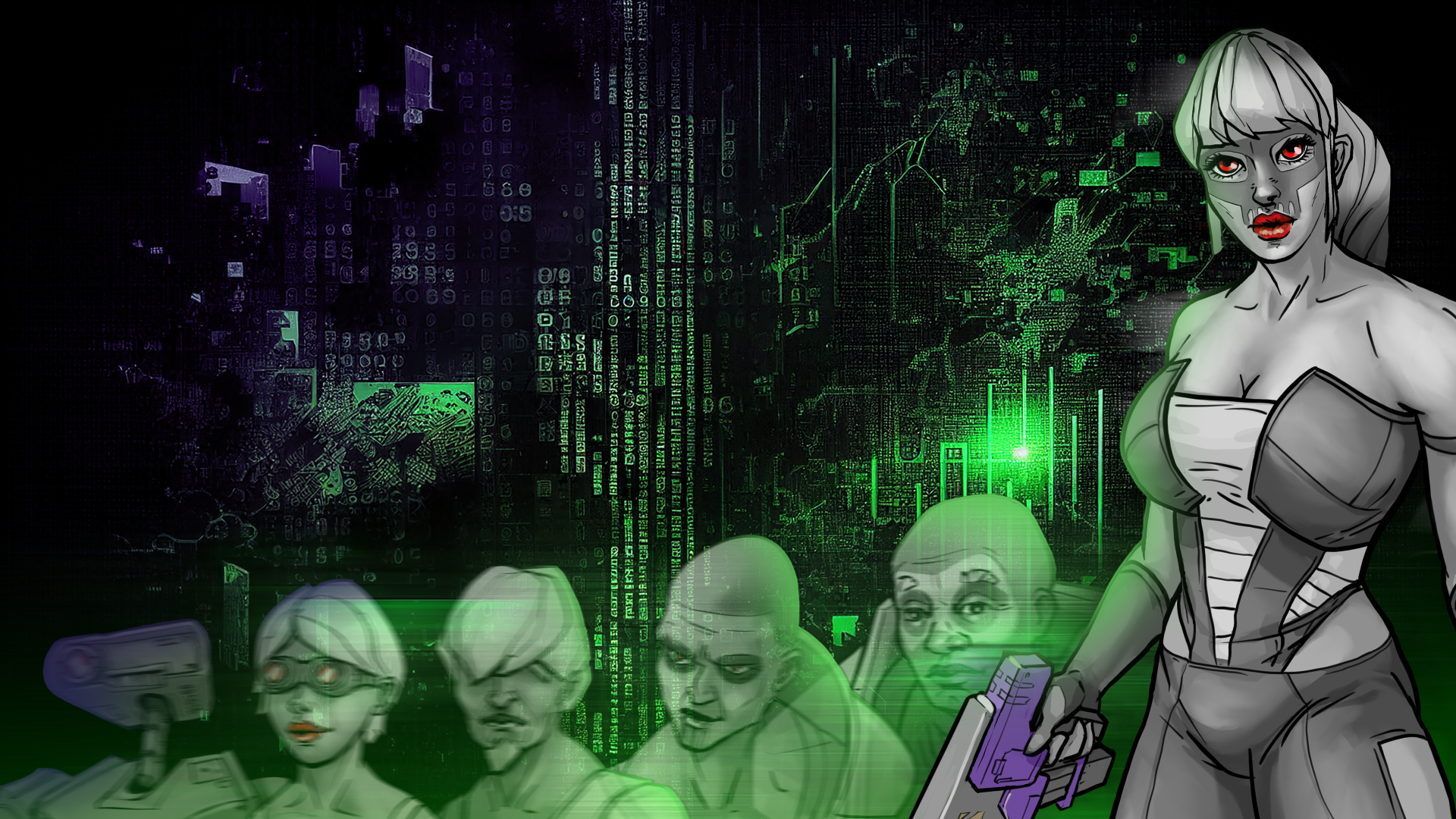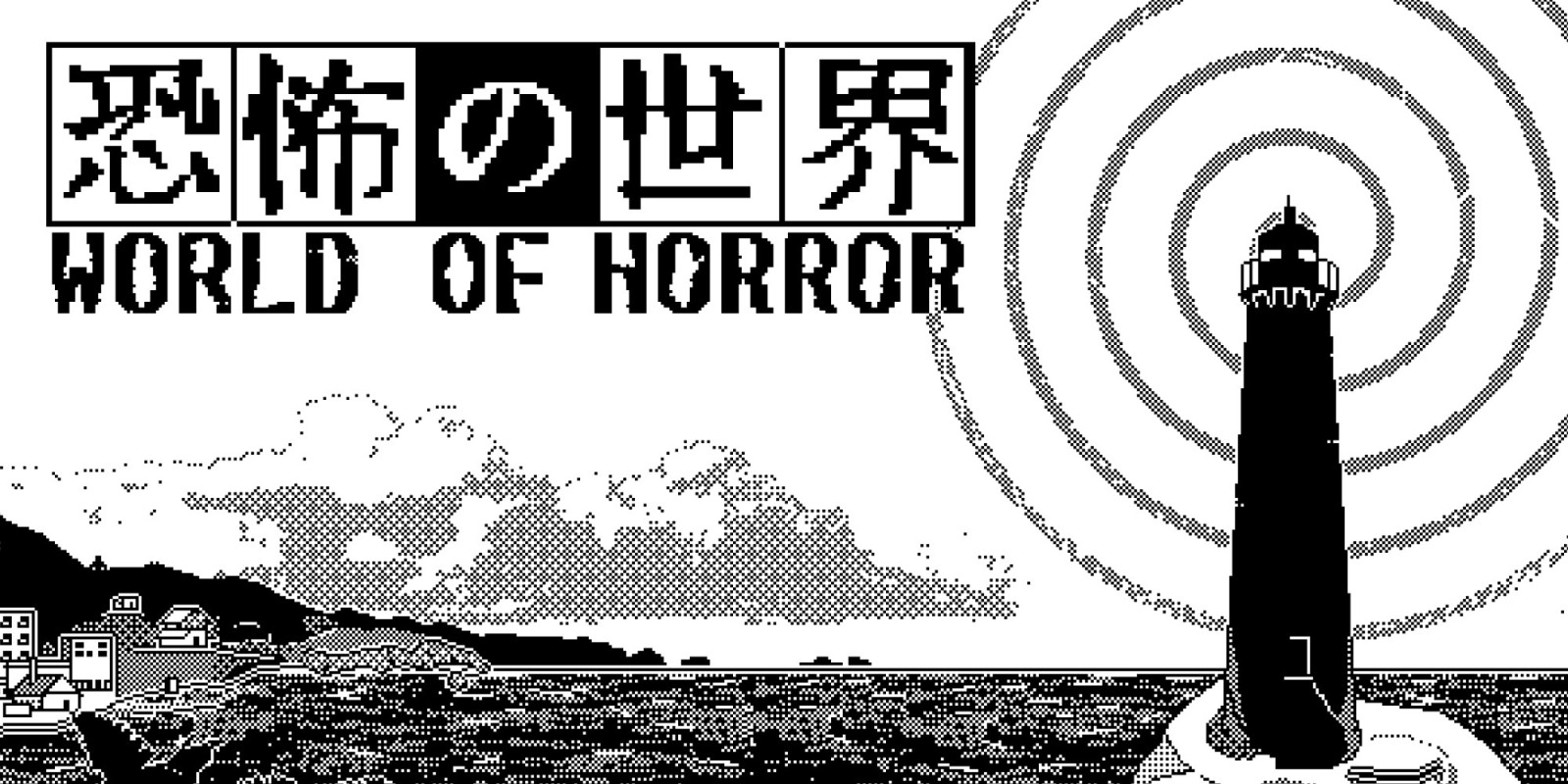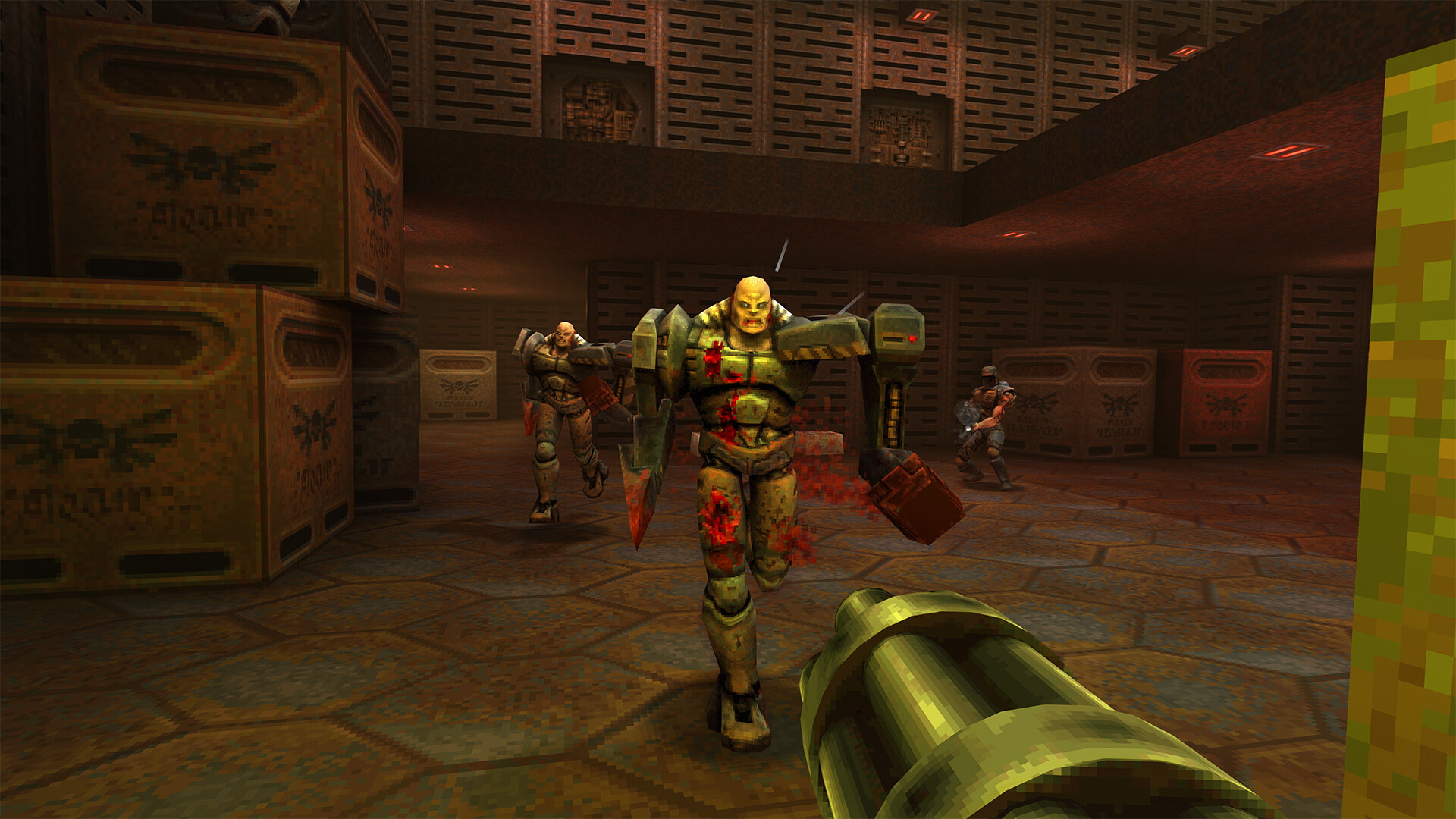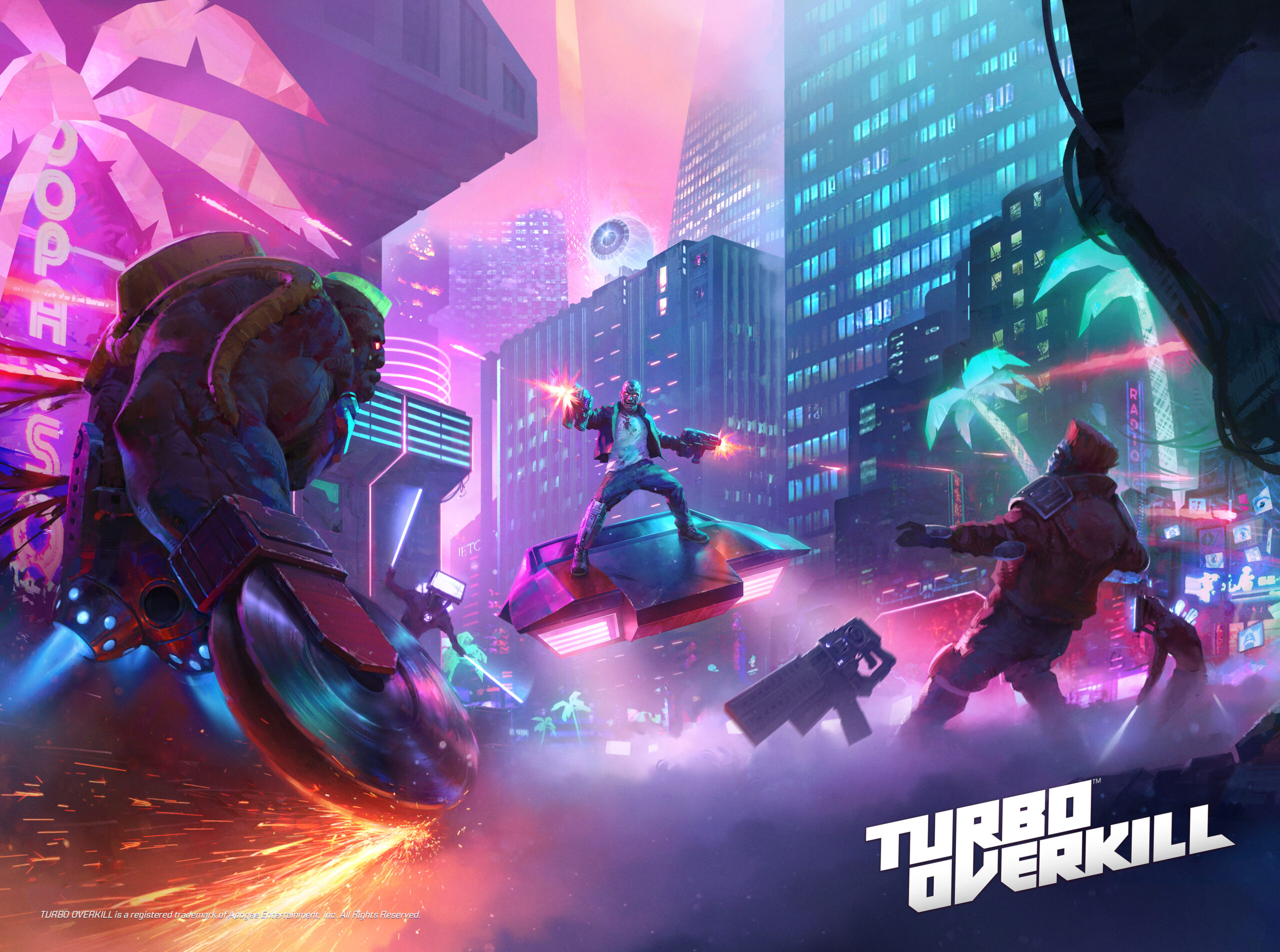
Take Aim at the Fourth Wall in Fast-paced FPS Ghostware: Arena of the Dead
What happens if you take the ongoing craze for boomer shooters, add the horror premise of No Players Online and throw in a dash of Undertale-esque meta-humour? Turns out you’d probably end up with something pretty close to Ghostware: Arena of the Dead.
Ghostware is a throwback first person shooter that comes to us courtesy of indie game studio Daev Team. Published by Hyperstrange, the game’s first episode is currently in Early Access. After taking it for a spin, I’m glad to say that it doesn’t disappoint.

You play as Molly, a woman who’s come down with a seriously bad case of being dead. It turns out that shuffling off this mortal coil isn’t the end of the line, however, as she wakes up to find herself minus her memory and reincarnated in an Unreal-style arena shooter as an undead revenant. Presided over by the dorky self-proclaimed ‘Wizard’, she and several other fellow deadites are forced to fight over and over in a series of classic PVP multiplayer modes.
One thing Ghostware nails right off the bat is the nostalgia vibes. It even begins like it’s being played on an old-school computer, from the whirring startup sounds to the Windows 95-like main menu. When you get to the actual game, everything’s got that right ‘retro’ feeling about it, from the low-poly count to the chunky guns to the oversaturated color palette. To people of a certain age (Christ, there’s a phrase to instantly make you feel old), it’s enough to transport you straight back to a rose-tinted youth of pizza nights, LAN parties, and thinking shouting ‘whassup?!’ was the funniest thing in the world.

Most of the game’s humor comes from its fourth-wall breaking acknowledgment of its own throwback elements. Molly and her co-inmates, for example, often complain about their ridiculous gritty edgelord appearances, from the guy lumbering around in a fridge-like suit of power armor to the female characters calling Wizard out on their suspiciously over-generous chest endowments. There’s quite a bit of mileage with this game-within-a-game schtick, but it also manages to do some clever things with it mechanically too. Whilst you start out playing straightforward matches like Team Deathmatch and CTF, as the game progresses it springs some neat surprises on you that I won’t spoil here.

Ghostware is also surprisingly good at creating suspense. While combat is standard boomer shooter fare – hotkeys, health bars, and running at the speed of a hopped-up gazelle, with a wall-jump and slide ability that adds a slight modern twist – there’s also a slower-paced, atmospheric side of the game too. During downtime between matches and certain story moments, you’ll get to explore the strange world Molly now inhabits, and it’s clear that all is not well in whatever-the -hell-place-this-is. Maps keep breaking down, and odd, disturbing anomalies keep popping in where no-one’s looking. In contrast to the hectic shooting, there’s something undeniably creepy about traversing the empty halls of this decaying reality.

I really have only two minor complaints with Ghostware. One is the gunplay, which, though serviceable enough, lacks any real ‘oomph’ to it. Recoil, animations and shot sound could do with tweaking, but being Early Access there’s plenty of time to deal with this.
The second is more of a personal taste, but comes down to the route the story seems to be taking. Ghostware is at its strongest when its various elements – gameplay, visuals, meta-shenanigans, and characters – are all working together to create something that’s part horror, part comedy. The macabre absurdity of the situation Molly finds herself in makes for something pretty atmospheric and gives a good backdrop for the core cast of Wizard and his undead subjects to interact in.

Without getting into spoiler territory, though, at the end of the first episode it feels like the game is gearing up to provide an explanation for the premise, rather than just going with it. Explaining a mystery rarely gives it more appeal, and I feel like the game would be better just following the main characters’ arcs Doki Doki Literature Club-style rather than going into elaborate worldbuilding. Its meta-approach and idea of digital necromancy works as a great exploration of themes of nostalgia and clinging to the past, and I hope the devs double down on this aspect in future episodes.
Ghostware is worth checking out if the idea of a mashup between Quake-style shooter action and self-aware horror-humor sounds weird enough to intrigue you. There’s certainly nothing quite like it, and I’m intrigued to see how the game will ultimately pan out. You can pick up Ghostware over on Steam.




